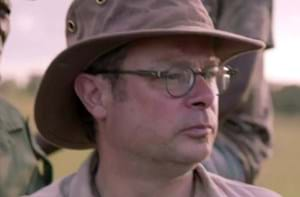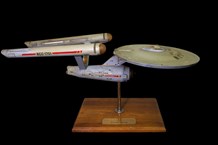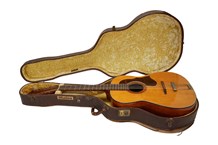The programme, the first in a two part series, will be closely followed by the antique trade.
Fearnley-Whittingstall has investigated the illegal trade in ivory by travelling to Africa and Hong Kong.

Hugh Fearnley-Whittingstall will present 'Saving Africa’s Elephants: Hugh and the Ivory War' on BBC One tonight.
The BBC media release, ahead of the broadcast, explained that Fearnley-Whittingstall went undercover with secret cameras to “prove that traders are laundering recently-poached ivory smuggled in from Africa, and most surprising of all, he discovers that the UK and Europe are complicit in fuelling these markets.”
The British Antique Dealers’ Association (BADA) attempted to put one of its members up to speak on the programme but the BBC did not take up the offer. Due to concerns about the programme in the run up to its broadcast, BADA wrote a letter to the BBC to try to ensure the programme will be balanced.
Mark Dodgson, secretary general at BADA, said: “Due to what we have seen in the pre-programme material we wrote a letter to the BBC and expressed our hope that the BBC’s editorial guidelines of impartiality and balance would be adhered to in the programme.”
A report published at the end of August by wildlife trade monitor Traffic concluded that: “Links [between the antiques trade and] the current elephant poaching crisis appear tenuous at best”.
The survey, A Rapid Survey of UK Ivory Markets, found that of more than 3000 objects sampled, no new or unworked ivory was found and only one item (from the 1960s) was after the 1947 cut-off date for antique ivory.





